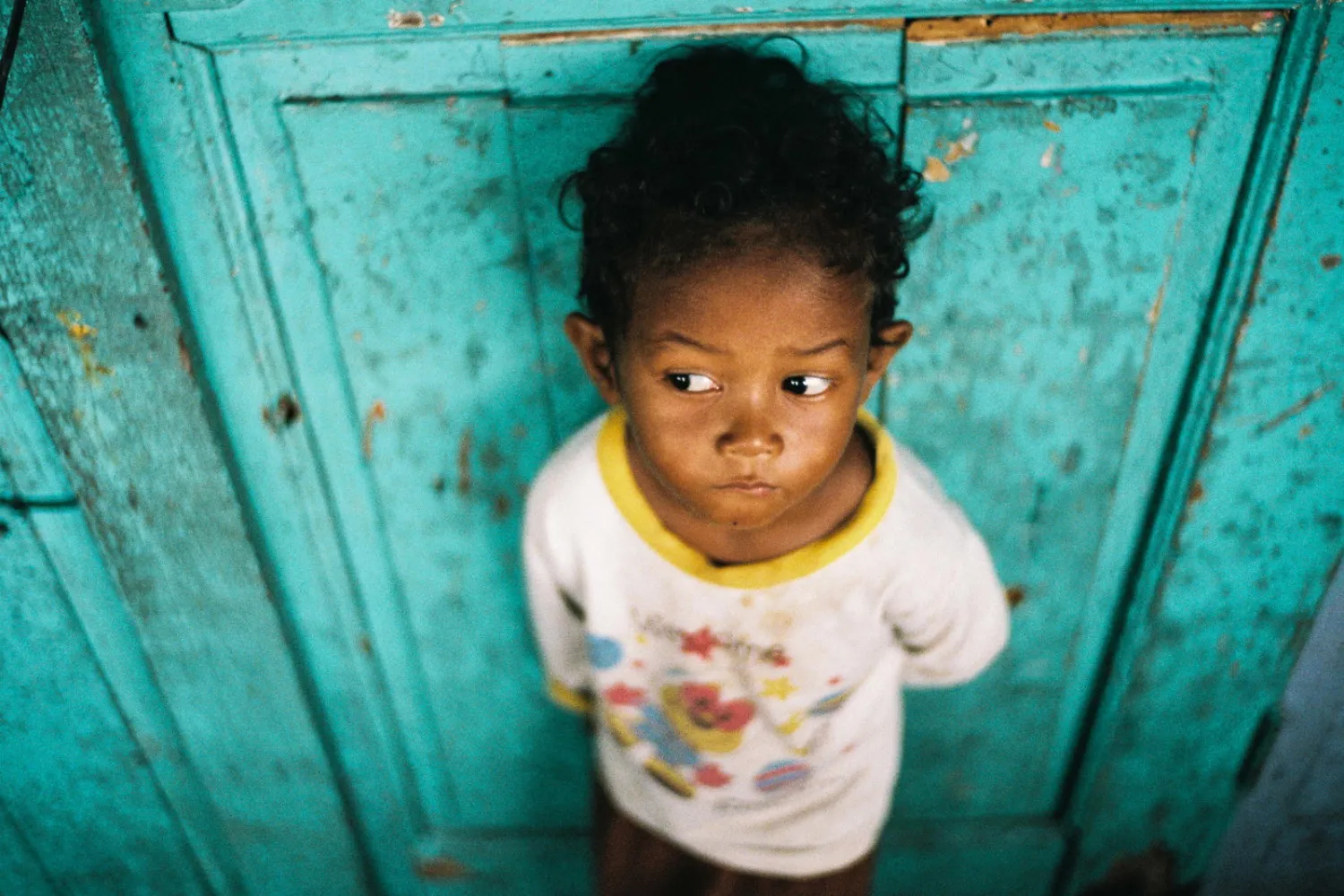Framing fleeting moments of life through a viewfinder is an art form – street photography. But it can tread the borderline between compassion and exploitation when it encompasses subjects like substance abuse disorders. As a concerned society, what does ethics demand from us? Let’s delve into this pivotal discourse.
A Primordial Predicament: Ethics in Street Photography
Should the act of capturing life on the streets, unadulterated in its rawness and realness, stand vindicated? It’s a question that needs a precise yet empathetic examination. Shedding light on this contention lets us unravel layers of moral complexities with both the photographer’s perspective and the subject’s dignity in the lenses.
Navigating the Nexus: Street Photography and Substance Abuse
When street photography becomes a mirror reflecting the grim faces of substance abuse, the ethical burden surges. The portrayal encompasses the reality, steals fleeting moments, and frames lingering pain into a silent narrative. But when does reflection shift to exploitation? Where are the boundaries of the photographer’s artistic freedom, and where does intrusion begin?
Questions Photographers Grapple With
- Do I have the right to capture the vulnerable without explicit consent?
- Is it ethical to publish or sell photographic portrayals of individuals struggling with substance abuse
- Does my work further stigmatize my subjects or foster understanding?
Striking the Balance: Ethical Photography
“In the face of suffering, one has no right to turn away, not to see.” – Elie Wiesel
Street photography should drive empathy, not invasion. It should serve as an advocate against societal ills like substance abuse, not capitalize on it. How then, does one traverse this delicate canvas?
Your Ethical Masterstroke: Tips for Photographers
- Seek consent when possible.
- Avoid portraying subjects as mere victims.
- Aim to foster understanding and empathy, not voyeurism.
- Consider the implications of your work and its potential societal contributions.
Unveiling Societal Issues: The Ultimate Goal
Without trailing off into advocacy, street photography must offer a visual soapbox for those hidden, shunned, and forgotten. It should promote dialogue and understanding of struggles with substance abuse. While wrestling with ethical dilemmas, photographers must remember: it is their responsibility to turn their art into a beacon that directs attention to those in need.
Can Street Photography be Both Ethical and Effective?
Absolutely, yes. Street photography, when done ethically, can shed light on substance abuse disorder and other societal flaws, illuminating them from the shadows. It can be an instrumental tool in social advocacy, facilitating dialogues, and igniting change. Keeping ethical considerations at the forefront, street photography can be a catalyst for empathy, triggering transformative societal conversations.

